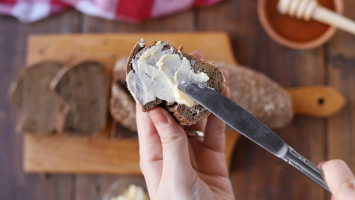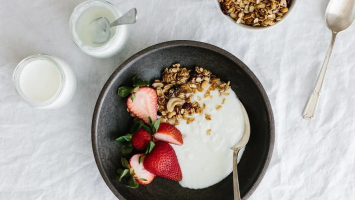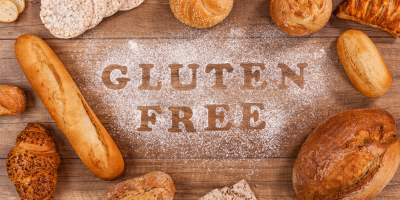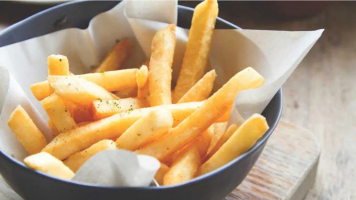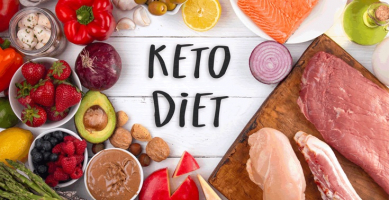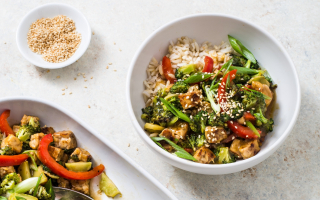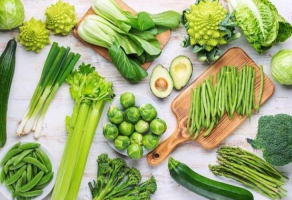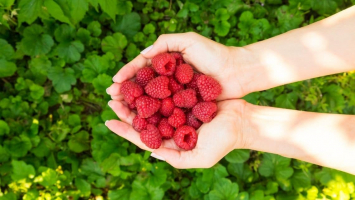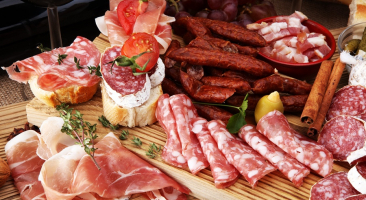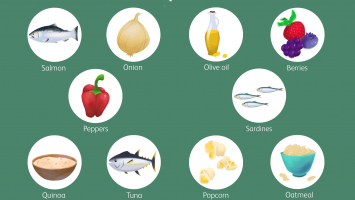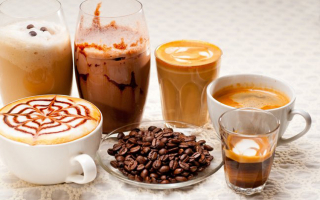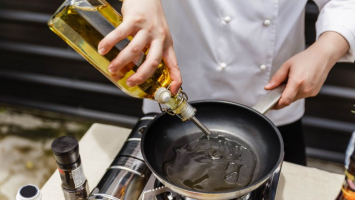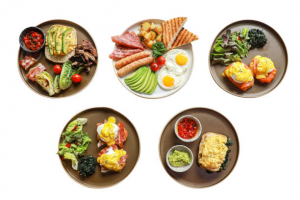Top 10 Foods to Avoid on the Paleo Diet
The paleo diet is based on what ancestors ate as hunter-gatherers thousands of years ago. It might be tough to keep track of what to eat and what to avoid ... read more...these days, with so many different paleo diets to select from. Here are the Top 10 Foods to Avoid on the Paleo Diet that you can refer to have more information!
-
Sugar is the first food to be eliminated from a paleo diet. This approach is in accordance with national sugar-reduction standards, so minimizing your sugar intake will have positive outcomes.
Some sugar sources are paleo-friendly. Honey, maple syrup, molasses, and a variety of other natural sweeteners are minimally processed. Feel free to consume these in moderation, but don't overdo it. Even though these natural sources contain certain micronutrients, a lot of natural sugar is still a lot of sugar, which is bad for your health!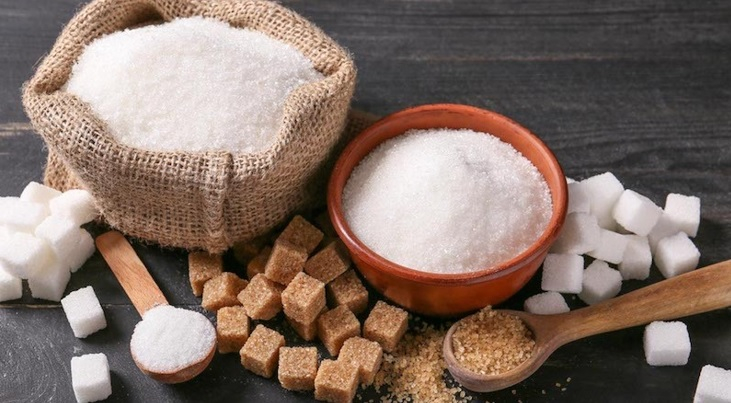
Sugar and Sugar-Sweetened Drinks 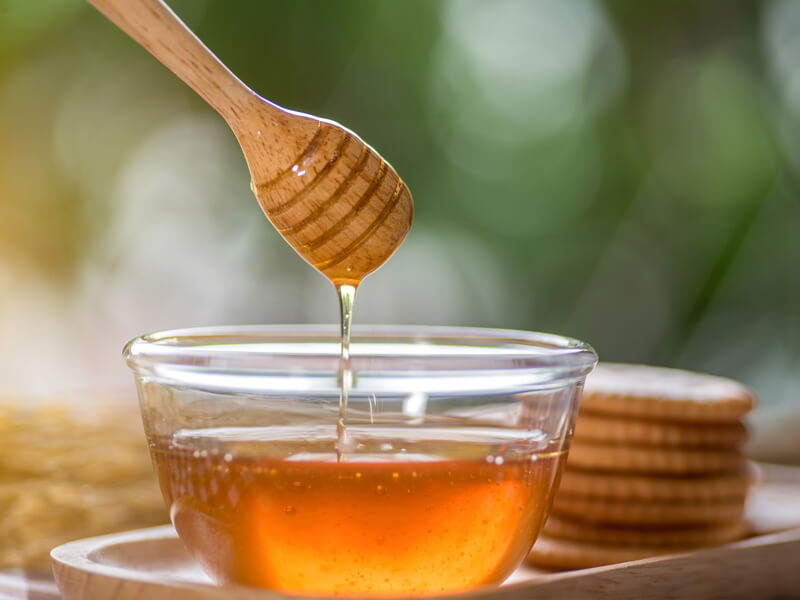
Sugar and Sugar-Sweetened Drinks -
Saccharine, sucralose, and aspartame are typical artificial sweeteners that should not exist on a paleo diet or consume at the least level. Sugar alcohols are derived from natural sources, however, the processing required may not suitable for some paleo dieters. Furthermore, many people are allergic to these low-calorie sweeteners. Keep an eye out for symptoms of an upset stomach when using natural low-calorie sweeteners such as erythritol, xylitol, sorbitol, and maltitol.
Stevia and monk fruit, both of which are usually recognized as safe by the FDA, are the greatest natural, calorie-free, paleo-friendly sweeteners for helping you manage a sugar desire.
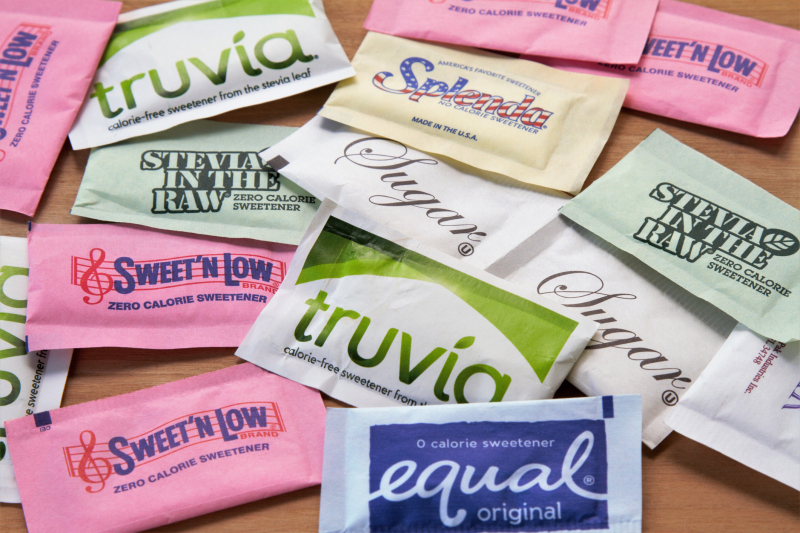
Artificial Sweeteners 
Artificial Sweeteners -
Excessive consumption of refined grains has been related to unhealthy weight gain and diabetes. One of the reasons why the American Dietary Guidelines suggests reducing your intake of refined grains is because of this. Paleo diets, on the other hand, restrict all grains, not just refined ones.
In truth, it's possible that this isn't even warranted. Our paleolithic ancestors ate tiny amounts of entire grains, including the predecessor to modern wheat, according to archeological data dating back more than 100,000 years. But it's necessary to take clear standards consuming with a grain if you're following a paleo diet. Because ancient grains like quinoa, amaranth, and buckwheat are seeds with ancient origins, they are sometimes allowed in moderation.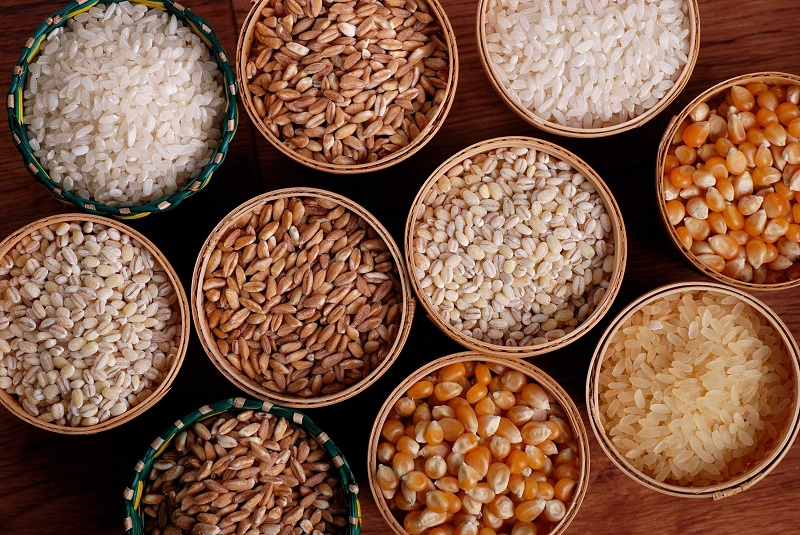
Grains 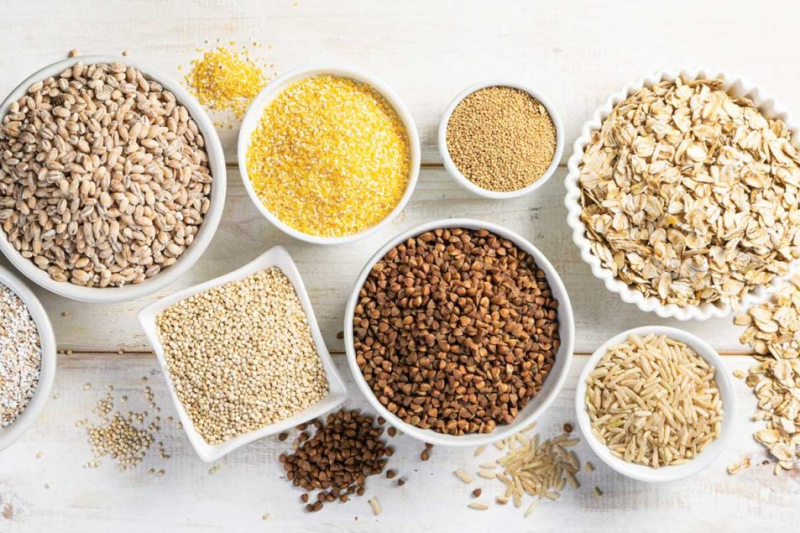
Grains -
Paleo diets avoid high-temperature processed, ultra-refined oils including canola, safflower, sunflower, peanut, rice bran, and refined olive oil. Hydrogenated oils and trans fats are particularly hazardous and should be avoided.
Although some of these oils may be beneficial to your health, the conventional refining, bleaching, and deodorizing procedure may damage sensitive fat molecules, putting your health at risk. Animal-based fats, such as lard, are allowed in all paleo diets. Flaxseed oil and fish oil are not used in cooking but are still acceptable on the paleo diet. Most paleo diets allow oils from naturally fatty plants like olives, coconuts, and avocados as a general rule. Ghee (clarified butter) is occasionally permitted. Cold-processed and extra-virgin oils should always be your first choice!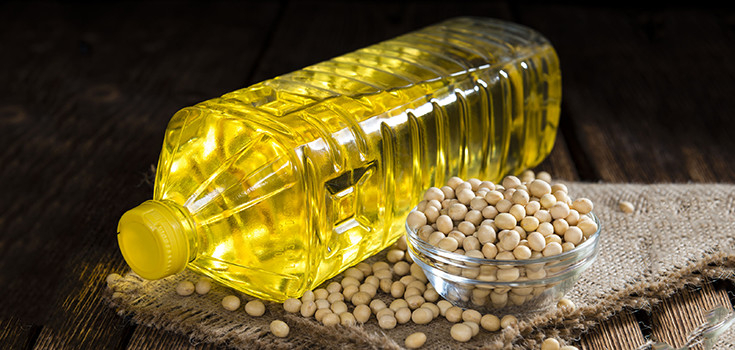
Refined Oils 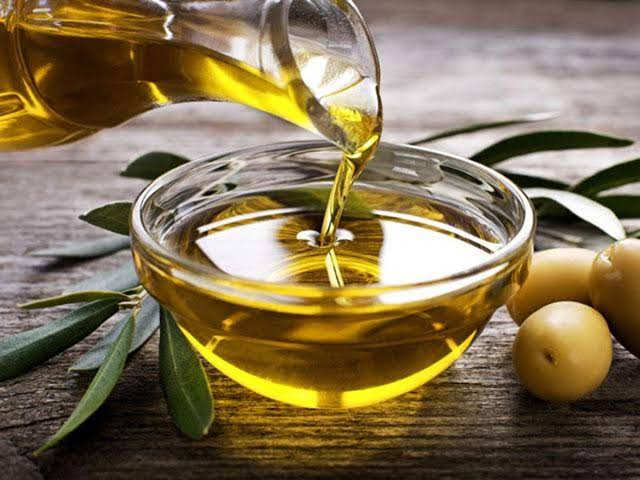
Refined Oils -
One of the early transformations from cavemen to modern humans occurred 9000 years ago when alcohol was introduced to human diets. Domestication of plants and animals signaled the end of the stone age, and yeast, which produces alcohol from sugar, was one of the first organisms humans domesticated. Alcohol is clearly not paleolithic for these reasons.
Paleo prescriptions are supported by governmental recommendations. Excessive alcohol intake has been linked to a variety of health problems, including liver damage, cancer, and weight gain. As a result, the FDA recommends limiting alcohol consumption to one alcoholic beverage per day for women and two alcoholic beverages per day for males.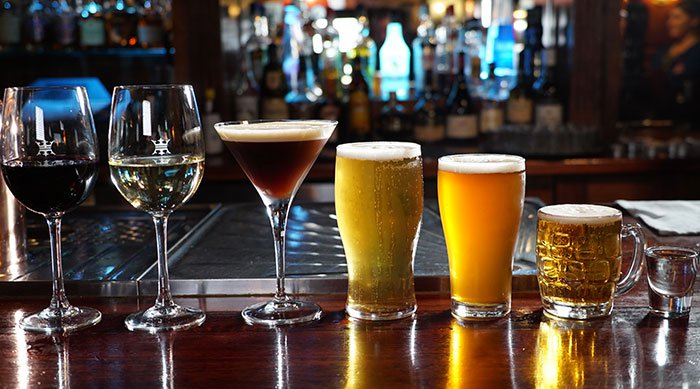
Alcohol 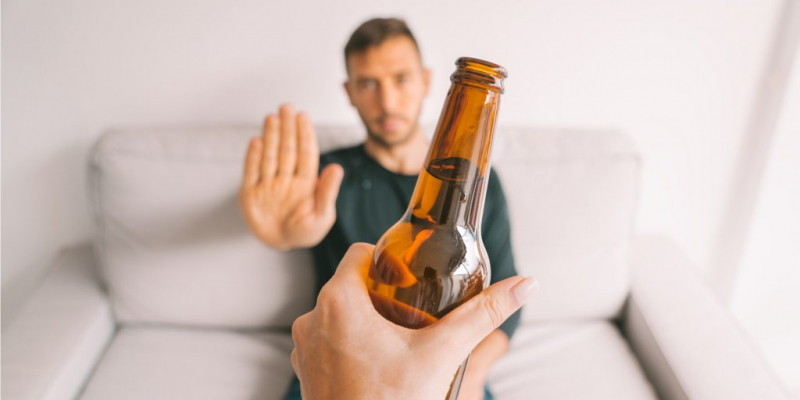
Alcohol -
On the paleo diet, coffee and tea are occasionally forbidden. However, when considering the antioxidants found in coffee and tea, which may aid your health benefits, it's difficult to justify not drinking them! Green tea and coffee, on the other hand, can be harmful to some people. Caffeine overdose can cause a rapid heart rate, temporarily elevated blood pressure, dehydration, and diarrhea.
Even though the judgment is still out on whether or not coffee and tea belong in a rigorous paleo diet, there's no reason they shouldn't be. If you do drink them, go for high-quality products and drink them in moderation to observe how they impact you.
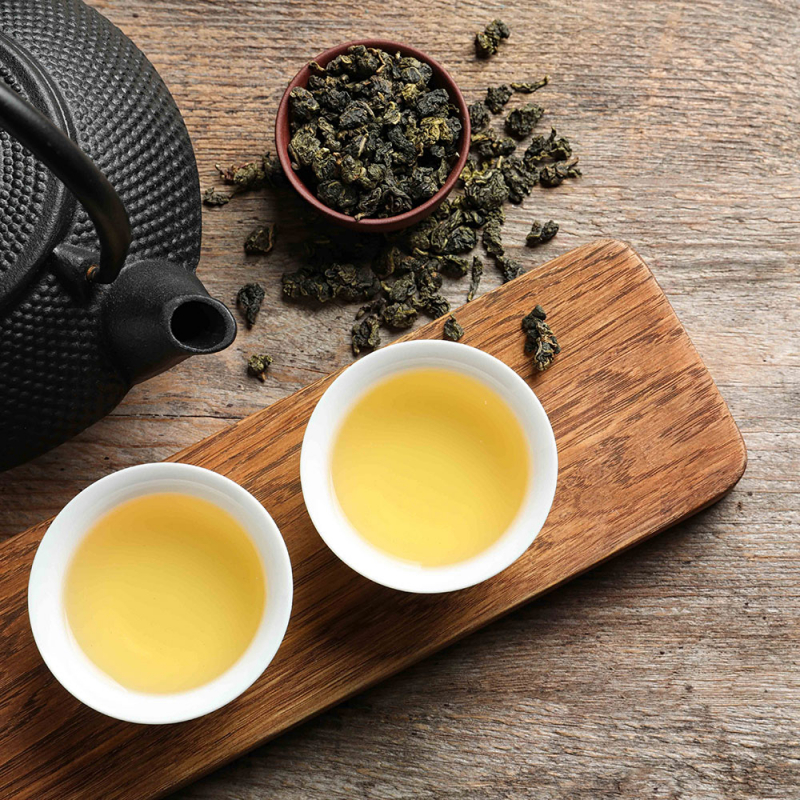
Coffee & Tea 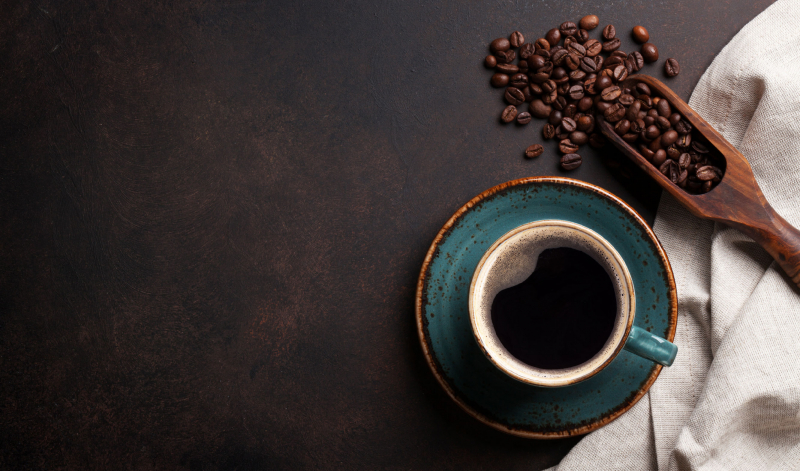
Coffee & Tea -
Root vegetables will be one of the major sources of carbs on the Paleo Diet. Most root vegetables, including potatoes and all potato products, are allowed in the diet. Some believe that potatoes are off-limits for paleo diets due to their high carbohydrate content. The fact that undomesticated potatoes have dangerous quantities of alkaloid antinutrients, makes them unsafe for ingestion.
But there are still exist some root vegetables that are encouraged to consume. Root vegetables have a lot of benefits, they're low on the glycemic index, high in micronutrients (especially concentrated in the skin), and they're cheap and easy to get. Beets, carrots, fennel, rutabaga, radish, and yams are the most paleo-friendly root vegetables.
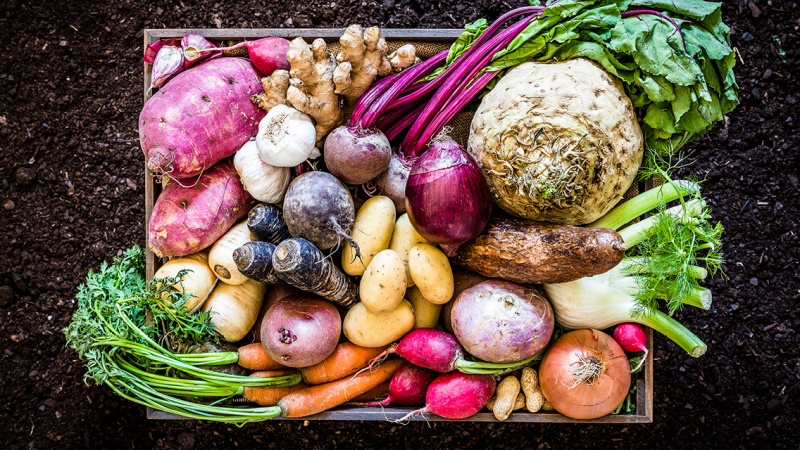
Potatoes and other root veggies 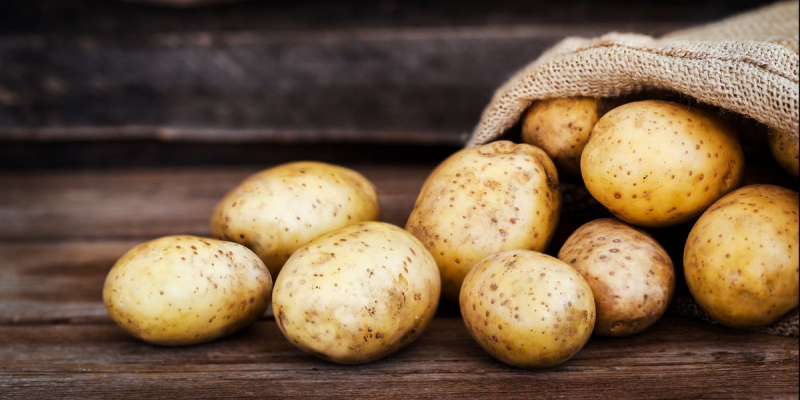
Potatoes and other root veggies -
Because hunter-gatherers did not milk cows, a rigorous paleo diet excludes dairy products. Milk, butter, yogurt, sour cream, and cheese are all examples of this.
Some paleo dieters, however, believe that dairy is fine, especially if it is grass-fed, because grass-fed butter, for example, has higher omega-3s. Fermented dairy products, such as kefir, are also acceptable to some paleo dieters since they contain less lactose and casein, which are two of the most common concerns paleo dieters have about dairy. Non-dairy products produced from coconut milk, almond milk, and cashew milk can be substituted if you prefer to avoid dairy on the paleo diet.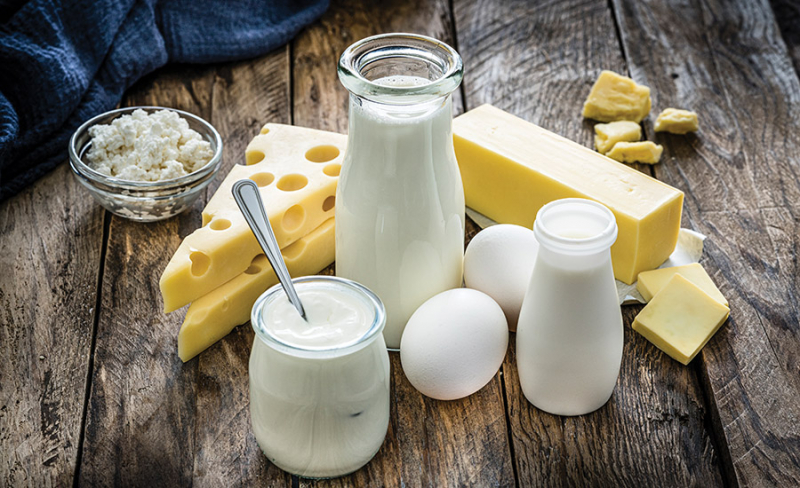
Dairy 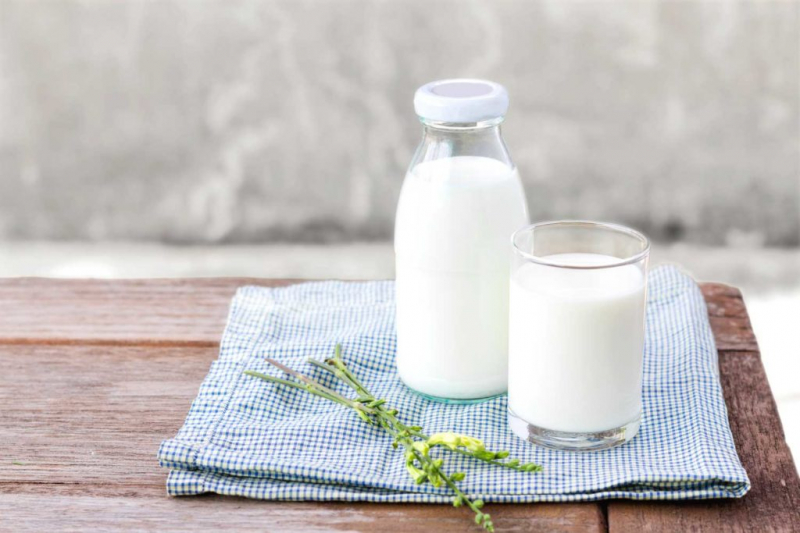
Dairy -
Legumes are plants with a seed or pod that belong to a large family of plants. Because of their high lectin and phytic acid levels, legumes are not allowed on the paleo diet. Lectins and phytates can decrease the minerals in your meals, and some people who are sensitive to them may have other bad health impacts, therefore they're off the paleo diet's "no" list. This, like grains, is a source of debate in the scientific community.
All beans, peas, lentils, tofu and other soy foods come in the same group as legumes. Peanut butter and soy sauce are also should be avoided.
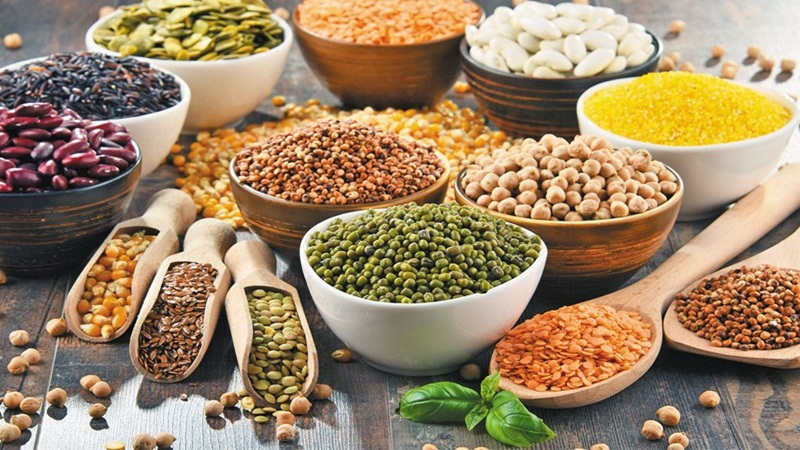
Legumes, Beans, & Peanuts 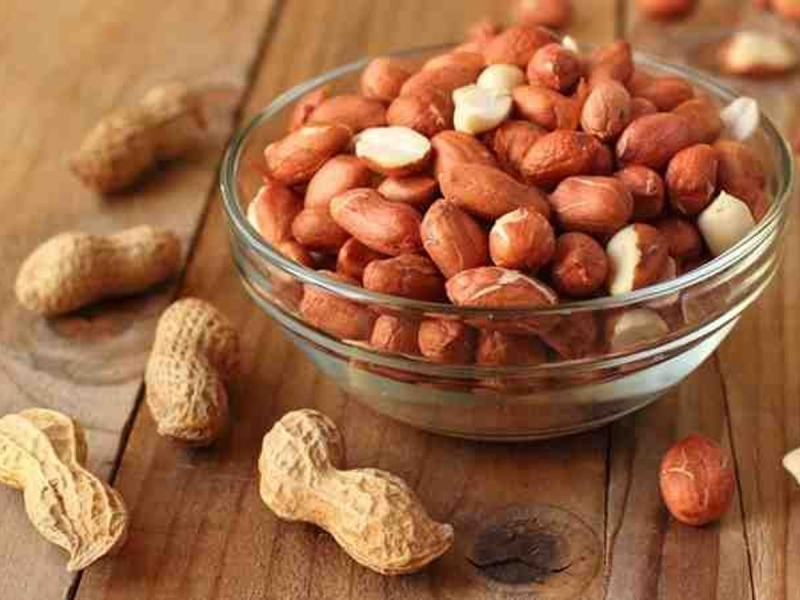
Legumes, Beans, & Peanuts -
On some highly strict paleo diets, nightshade fruits and vegetables, such as peppers, potatoes, tomatoes, eggplant, and tobacco, are seldom allowed. Eating nightshades vegetables is completely safe for the vast majority of people. However, for people with autoimmune diseases or leaky gut, eating these veggies might induce excruciating discomfort.
Although research is limited, it is widely recognized that alkaloids, a chemical component found in nightshade plants, are what make the veggies dangerous for some people. The high alkaloid content of nightshades is what gives the plant its lethal qualities.
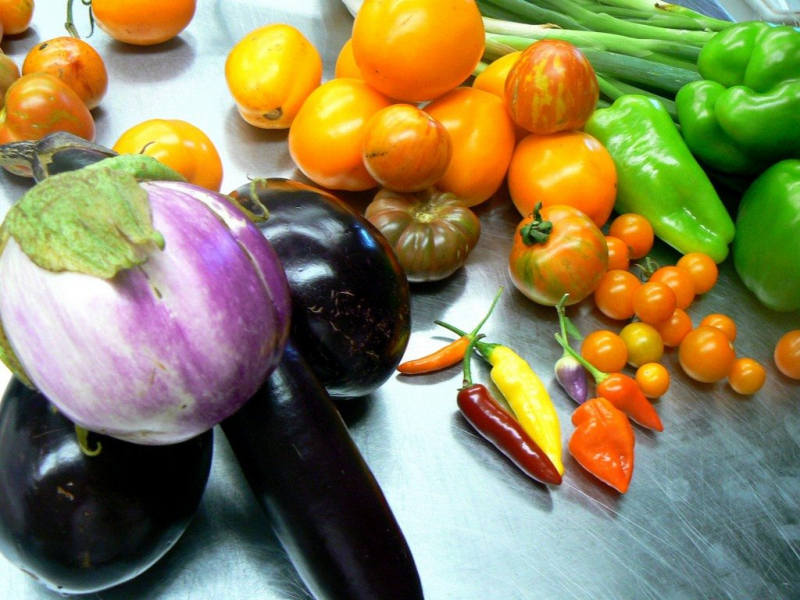
Nightshade vegetables 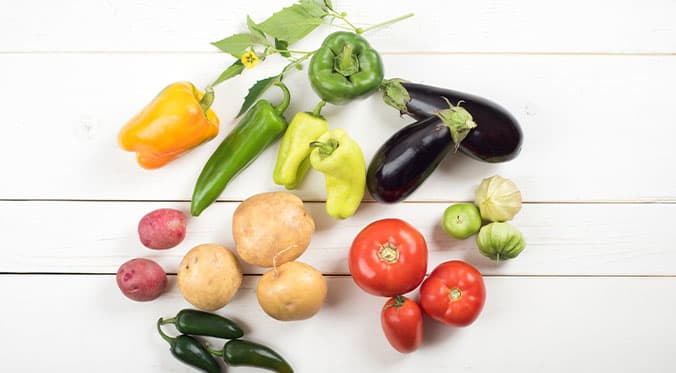
Nightshade vegetables












